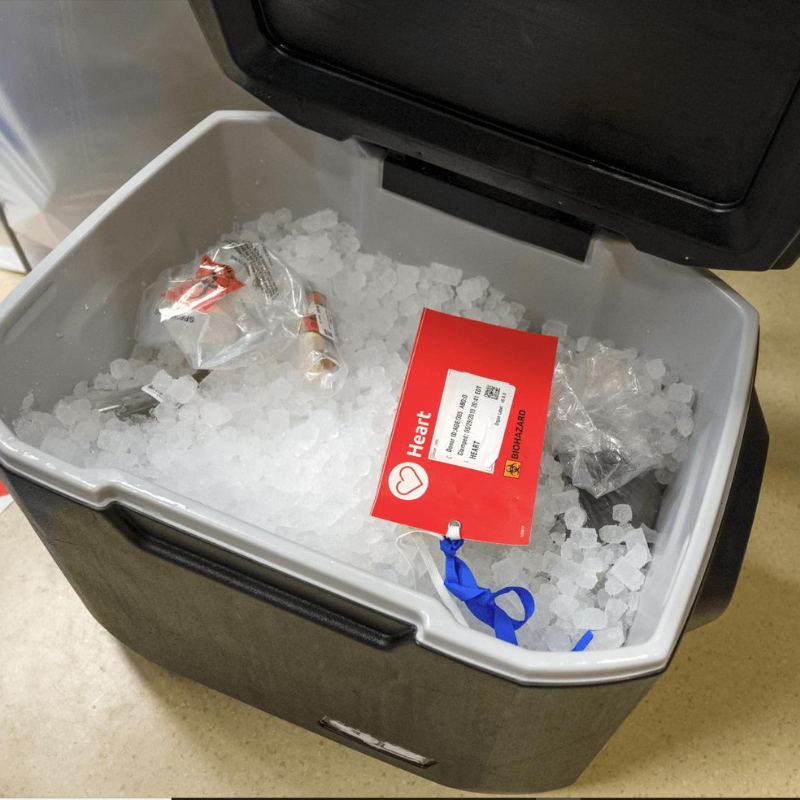Gift of Life Michigan has worked for years to find new ways to increase the use of donor organs for transplantation.
One five-year study, in particular, revealed such dramatic and significant findings that Michigan’s organ donation program changed its protocols almost immediately, and results followed.
Gift of Life began collaborating with Stanford University in 2015 to determine whether allowing more time after a patient’s first evaluation as a potential heart donor might result in more heart transplants.
“We used to go on-site to evaluate a potential donor’s heart and walk away if the labs and other tests didn’t show good results,” said Kim Baltierra, Gift of Life’s director of organ services. “When we discovered that retesting after about 72 hours showed improved heart function and health, we started changing our protocols.”
The result since the early days of the 2015 to 2020 study: More hearts donated, more hearts transplanted and more lives saved, said Clinical Administrator Kristen Grimm-Wulff, one of four people involved in compiling data for the study.
“Organs that we were ruling out before are now being transplanted because we’re giving them time,” Kristen said. “That’s why we follow so many cases for as long as we do now. We want to give donors the best opportunity to save lives.”
Kim said the study involved following thousands of patients ages 18 to 65 with permission from their families. They looked at the results of lab work, EKGs and other heart function tests when they were first referred from hospitals as potential donors. They then repeated those same tests 72 hours later and found – in many cases – that heart function improved after their initial critical injury or illness.
Other employees involved in the successful study include Donation Coordinator Andrea Murphree and Bruce Nicely, Vice President of Donation Optimization.
Gift of Life has extracted the same practice for other organs, especially livers and kidneys, and has found similar results and similar increases in the number of organs transplanted.









